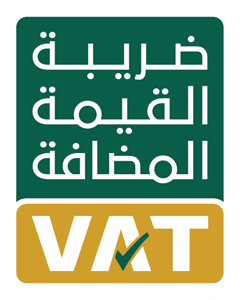Every good conversation starts with a greeting — and in Arabic-speaking cultures, politeness matters.
Essential greetings and polite phrases:
السلام عليكم (As-salāmu ʿalaykum) – Peace be upon you
وعليكم السلام (Wa ʿalaykum as-salām) – And peace be upon you
مرحباً (Marḥaban) – Hello
شكراً (Shukran) – Thank you
من فضلك (Min faḍlik) – Please
عفواً (ʿAfwan) – You’re welcome / excuse me
MasterStudy Tip: Learn these as full phrases, not individual words. Practice using them aloud in morning routines, roleplays, or when speaking with your teacher.


